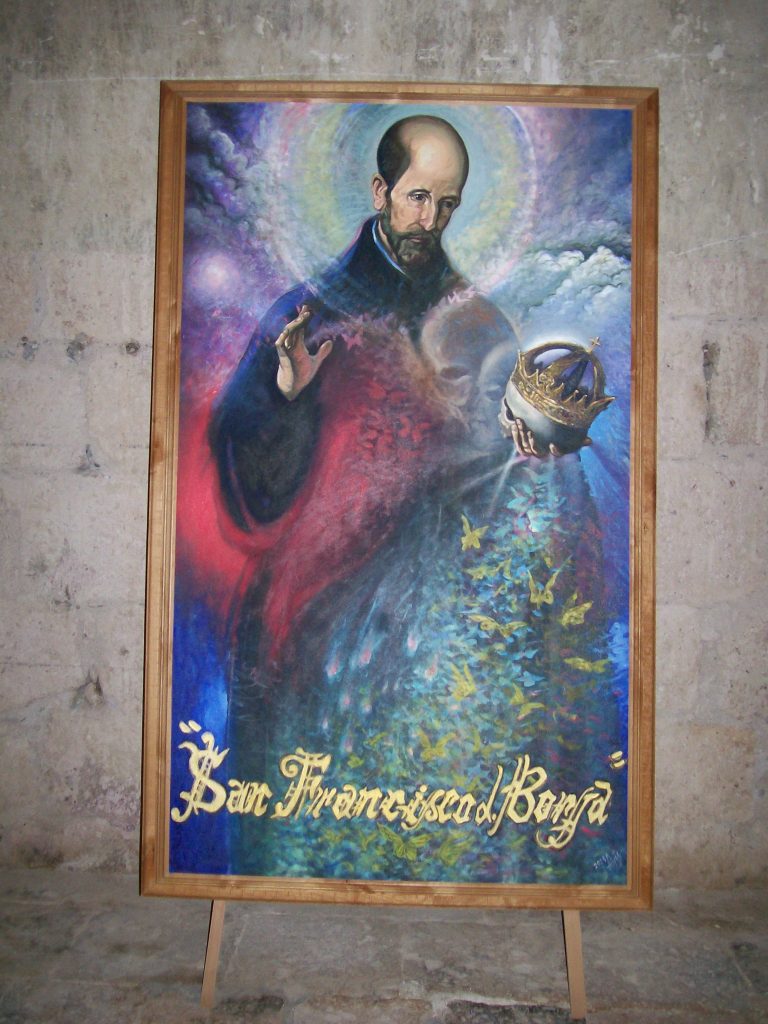
Some aspects of Cochimi Mission Life
Food was Power!
Around each of the missions the arable land was very limited as were the seeds and water to grow them. Neophyte Cochimi men were taught how to cultivate the land but had to be under constant supervision. They complained a lot when asked to work and were slow and tended to find ways to do less work. If not supervised they would tend to sneak off somewhere and hide only to return when food was in the offing. In the distant Visitas the men would tend the fields as a means to solicit favours from the women. Food was power. He who has food in Cochimi society can obtain anything he desires. This fact was not lost on some of the Spanish soldiers also. One such soldier was found to be keeping a young Cochimi girl hidden in a plantation. She was apparently quite willing to be there at the soldier’s bidding. . . as long as the food lasted.
Also at the Visitas it was noticed that the men seemed to be in better health than those around the founding mission complexes. At the Visitas then, the men would occasionally return to their rancherias and during this time they would have a traditional diet encompassing all things great and small so to speak. As a result of this varied diet, they tended to thrive better than those men on solely a mission diet that comprised mostly grains and other cultivated edibles.
Although the majority of converts at most missions seemed to have stayed with the Jesuit program and made some effort to contribute to viable communities, a smaller percentage of people resisted in various ways ranging from total rejection, to simple non co-operation. Some Cochimi submitted themselves for conversion but lost their enthusiasm and held back from full participation in mission affairs. Some neophytes feigned cooperation with mission arrangements but took every opportunity to steal tools, crops or livestock. From time to time, here and there, a few mission dwellers simply took to their heels and abandoned the missions entirely. Even among apparently contented neophytes there were regressions. Out of sight of the missionaries they would discard their new clothes. People also returned to the traditional healers and shamans for relief from ills. Neophytes who displayed no overt resistance were often not as cooperative or willing as the padre wished. They were inclined to promise their pastor anything he desired and then forget to perform. When they did work it was often inefficiently, without enthusiasm and with little apparent regard for the outcome. They never bought-in to the mission program. Neophytes exasperated some padres by their failure to confess to sin, or worse, their failure to recognize sin, as defined by the missionaries. They could not identify themselves with this concept. Perfectly understandable considering it was a concept totally strange to Cochimi culture. Not surprisingly, the missionaries found it difficult to accept responsibility for the shortcomings they perceived in their converts. The Cochimi were charged as being larcenous, lazy, perverse, wanton, dumb or at least dull-witted, and so on. Some of the padres were perceptive enough to see that there was an inverse relationship between their program and the untoward responses and endeavored to make changes to the program. For the most part though, any attempt to instill European values in the Cochimi fell short of success. Like they say in the song. . . you can take the boy out of the country, but you can’t take the country out of the boy.
